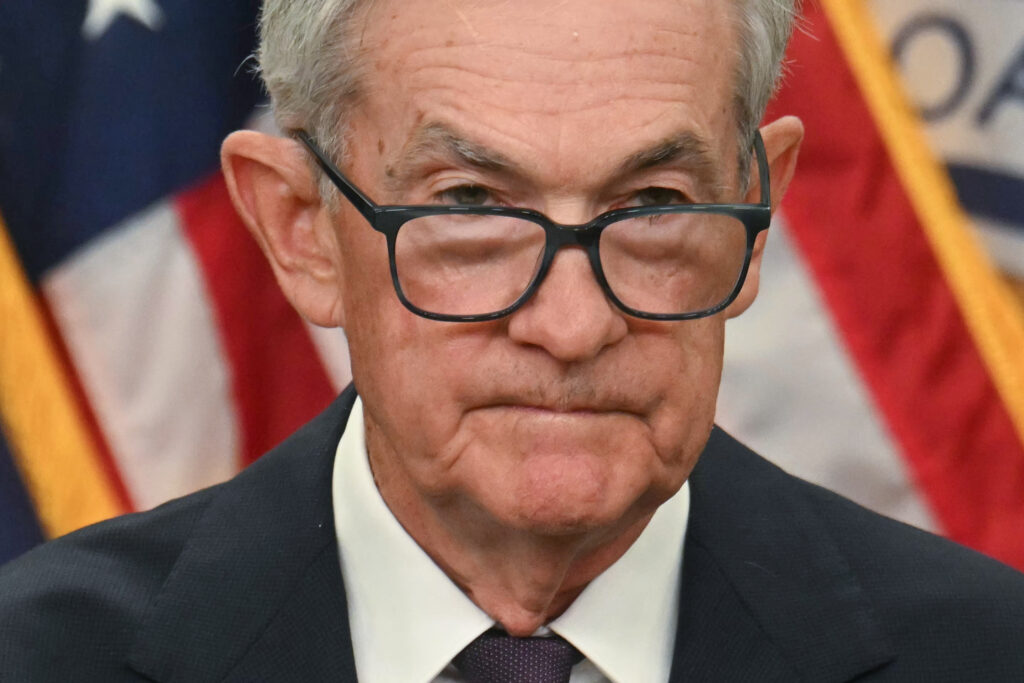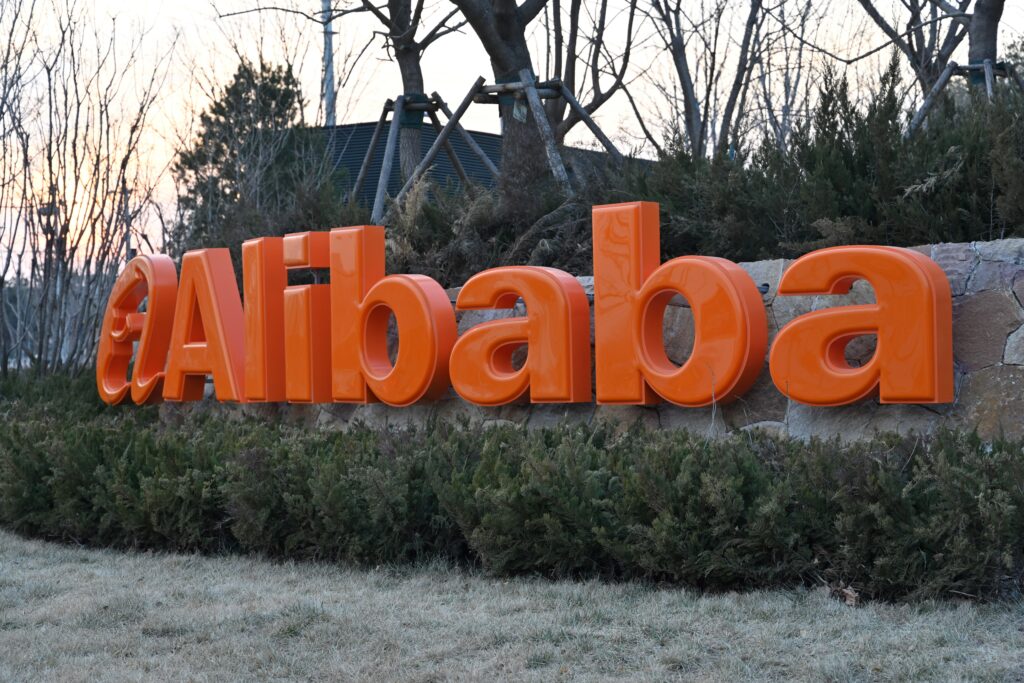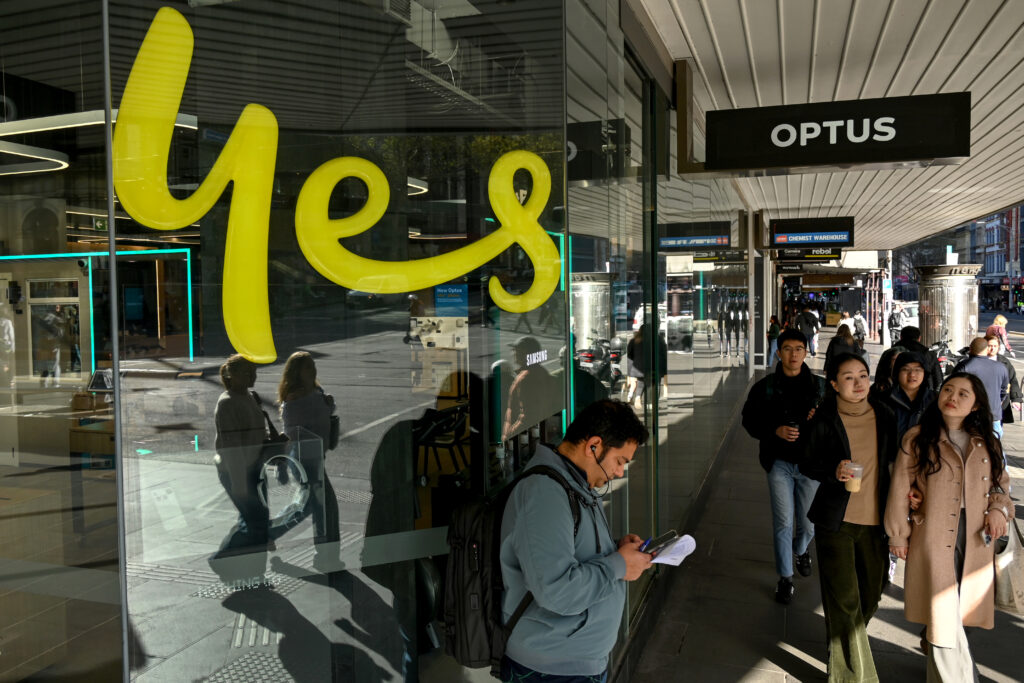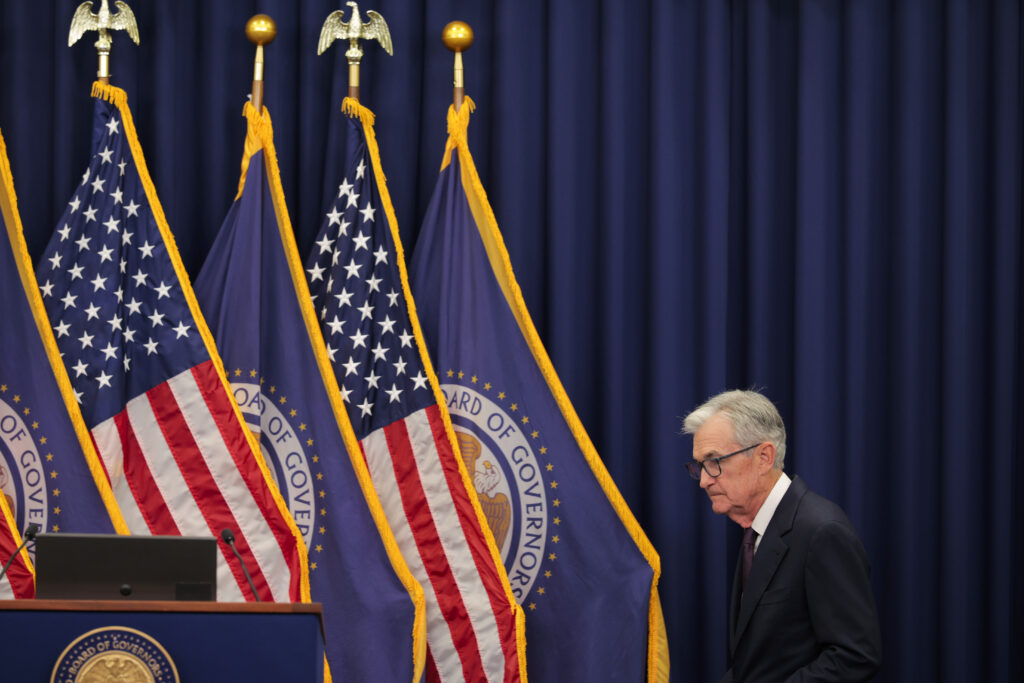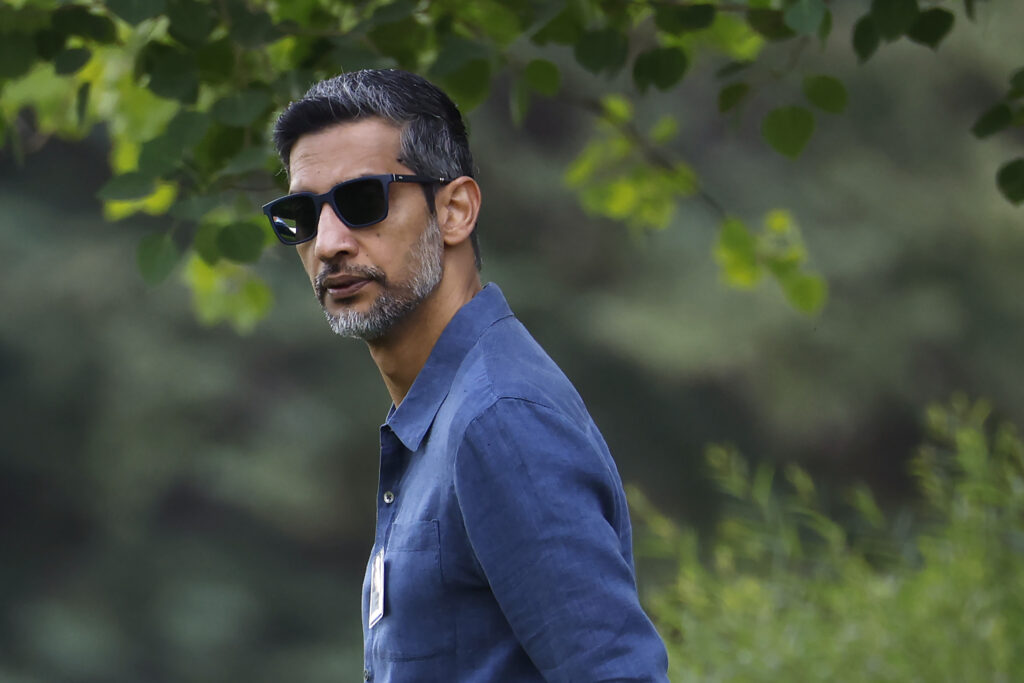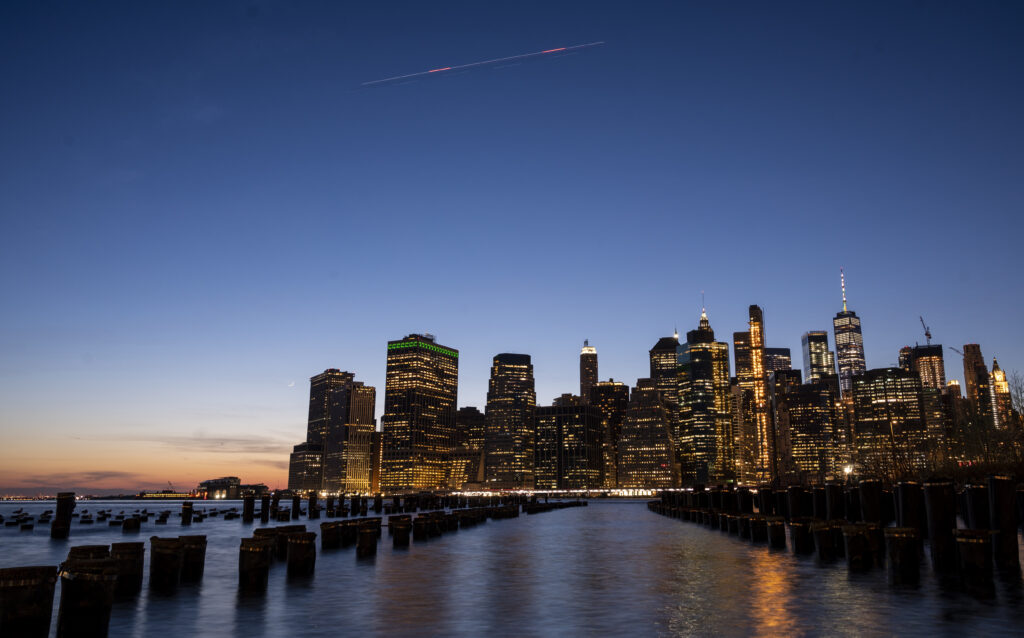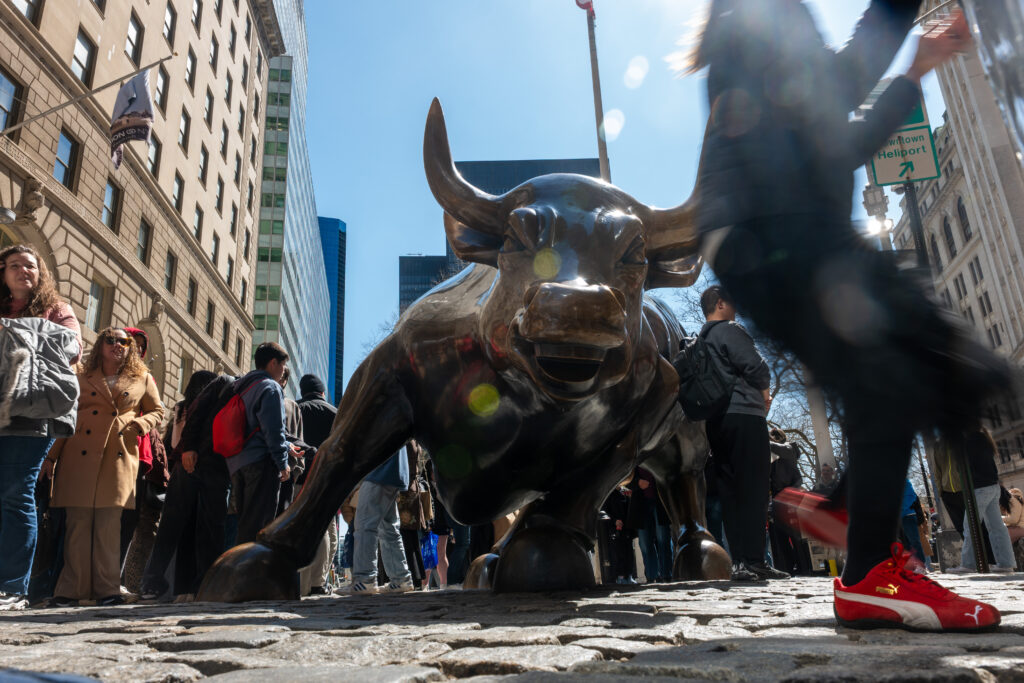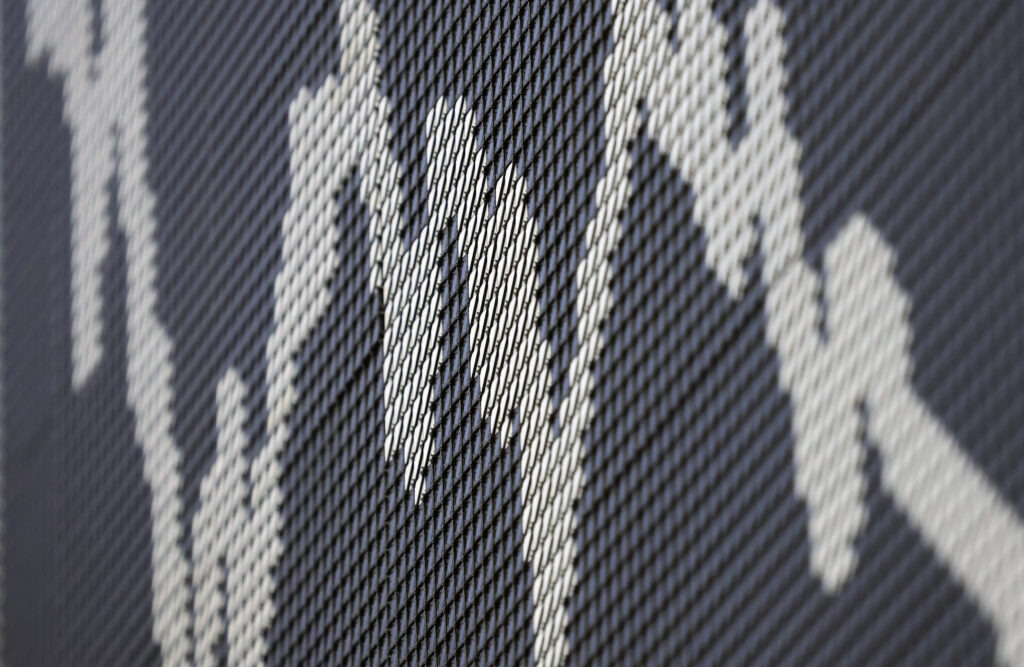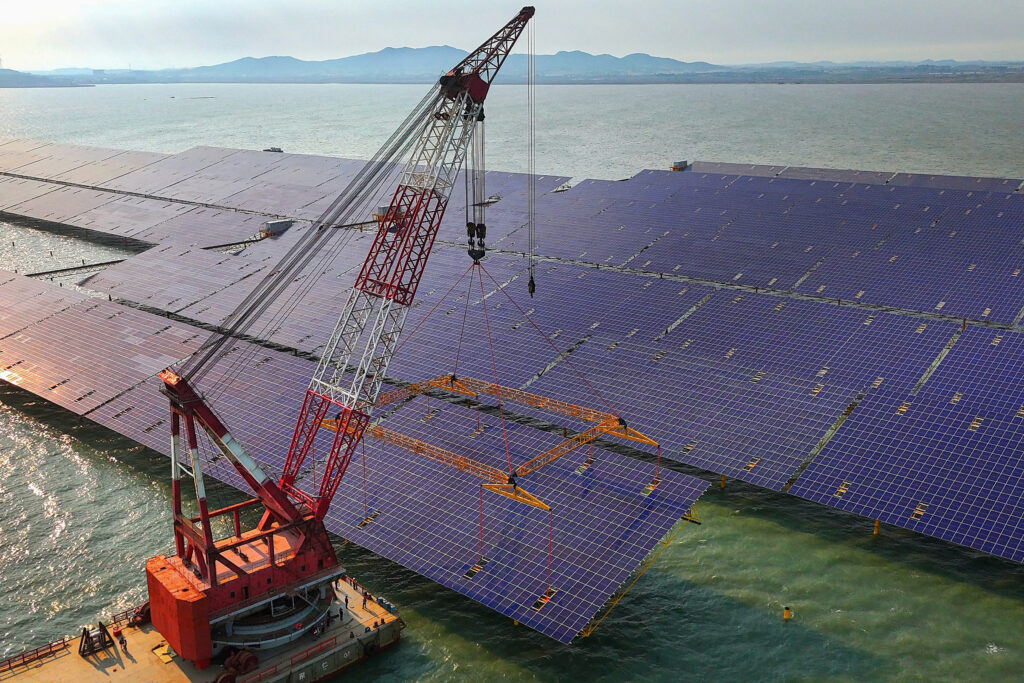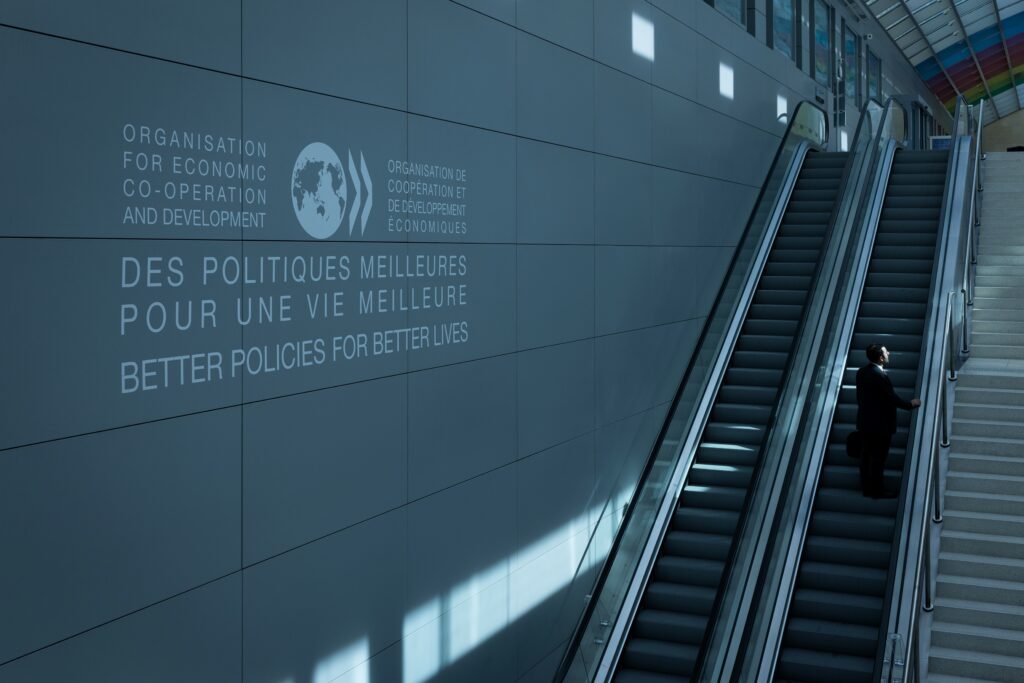Stocks torn between Fed rate warning, AI optimism
Europe’s main stock markets retreated Wednesday following gains in Asia and Wall Street losses, with focus on shares in technology giants and a warning from US Federal Reserve chief Jerome Powell on interest rates.Chinese tech firms stood out, with Alibaba shares rocketing after its chief executive said the e-commerce giant planned to ramp up spending on artificial intelligence.Investors have enjoyed a months-long rally for equities that has pushed some markets to record highs, but the run-up took a pause Tuesday amid talk that the gains may have gone too far.Another key driver has been expectations that the Fed will continue to cut US interest rates before the end of the year.However, Powell cooled expectations with a warning Tuesday that cutting rates too aggressively risked stoking inflation.Powell’s comments lent support to the dollar, which had come under pressure from rate-cut expectations.Investors are awaiting the release on Friday of the personal consumption expenditure (PCE) index, the Fed’s favoured gauge of US inflation, and key American jobs figures next week.On Wednesday, the Hong Kong and Shanghai stock markets rallied thanks to a surge of more than nine percent in Alibaba — which runs some of China’s biggest online shopping platforms — after CEO Eddie Wu unveiled plans to ramp up AI spending by about $53 billion.”The industry’s development speed far exceeded what we expected, and the industry’s demand for AI infrastructure also far exceeded our anticipation,” Wu told an audience at the firm’s annual developer conference in Hangzhou, China. Crude prices firmed Wednesday “after (US President) Donald Trump ramped up further pressure on sanctions on Russian oil”, noted Kathleen Brooks, research director at XTB.- Key figures at around 1100 GMT -London – FTSE 100: DOWN 0.1 percent at 9,217.49 pointsParis – CAC 40: DOWN 0.3 percent at 7,847.15 Frankfurt – DAX: DOWN 0.1 percent at 23,603.69Tokyo – Nikkei 225: UP 0.3 percent at 45,630.31 (close)Hong Kong – Hang Seng Index: UP 1.4 percent at 26,518.65 (close)Shanghai – Composite: UP 0.8 percent at 3,853.64 (close)New York – Dow: DOWN 0.2 percent at 46,292.78 (close)Euro/dollar: DOWN at $1.1752 from $1.1816 on TuesdayPound/dollar: DOWN at $1.3471 from $1.3524Dollar/yen: UP at 148.08 yen from 147.66 yenEuro/pound: DOWN at 87.27 pence from 87.37 penceBrent North Sea Crude: UP 0.8 percent at $67.52 per barrelWest Texas Intermediate: UP 1.0 percent at $64.06 per barrel
